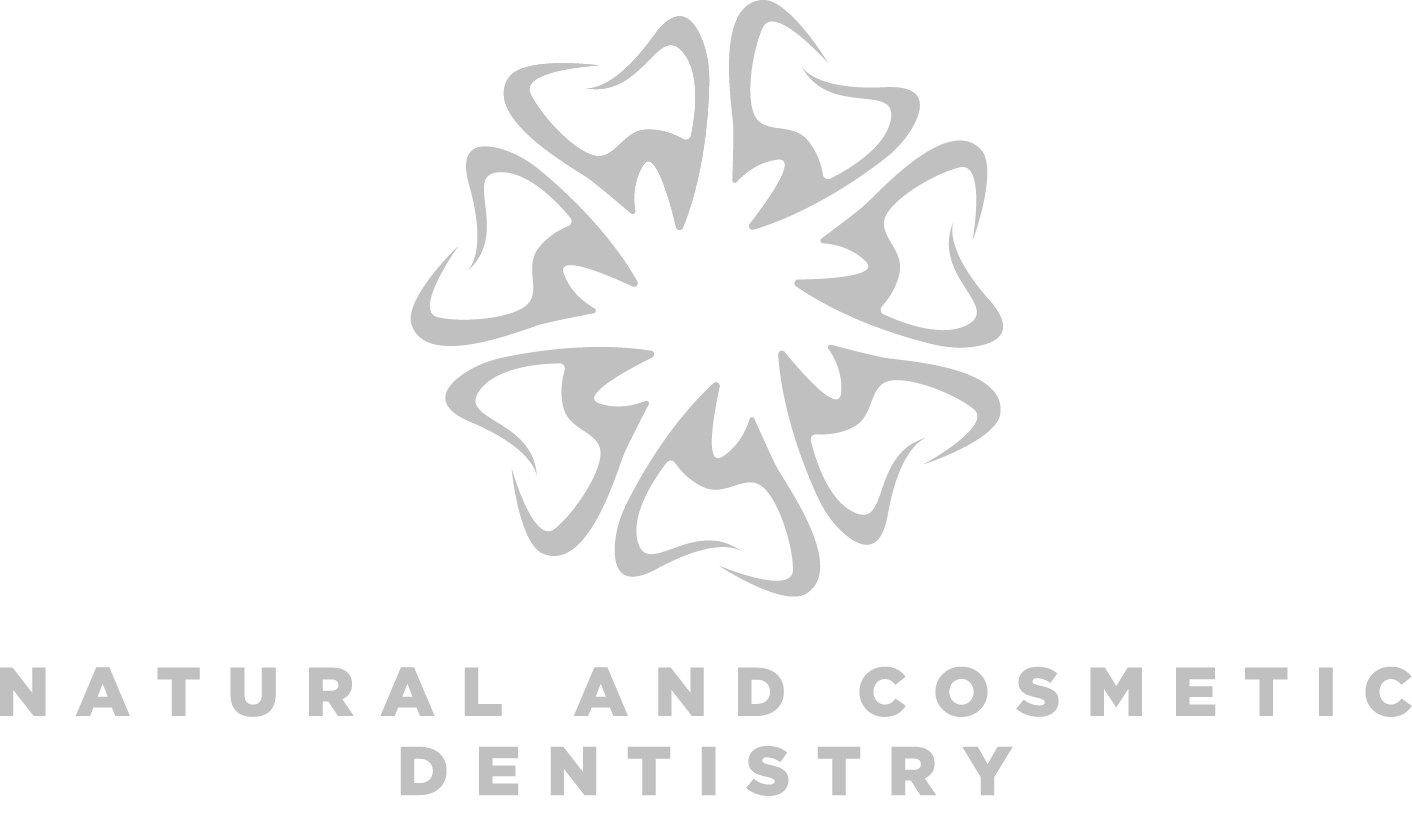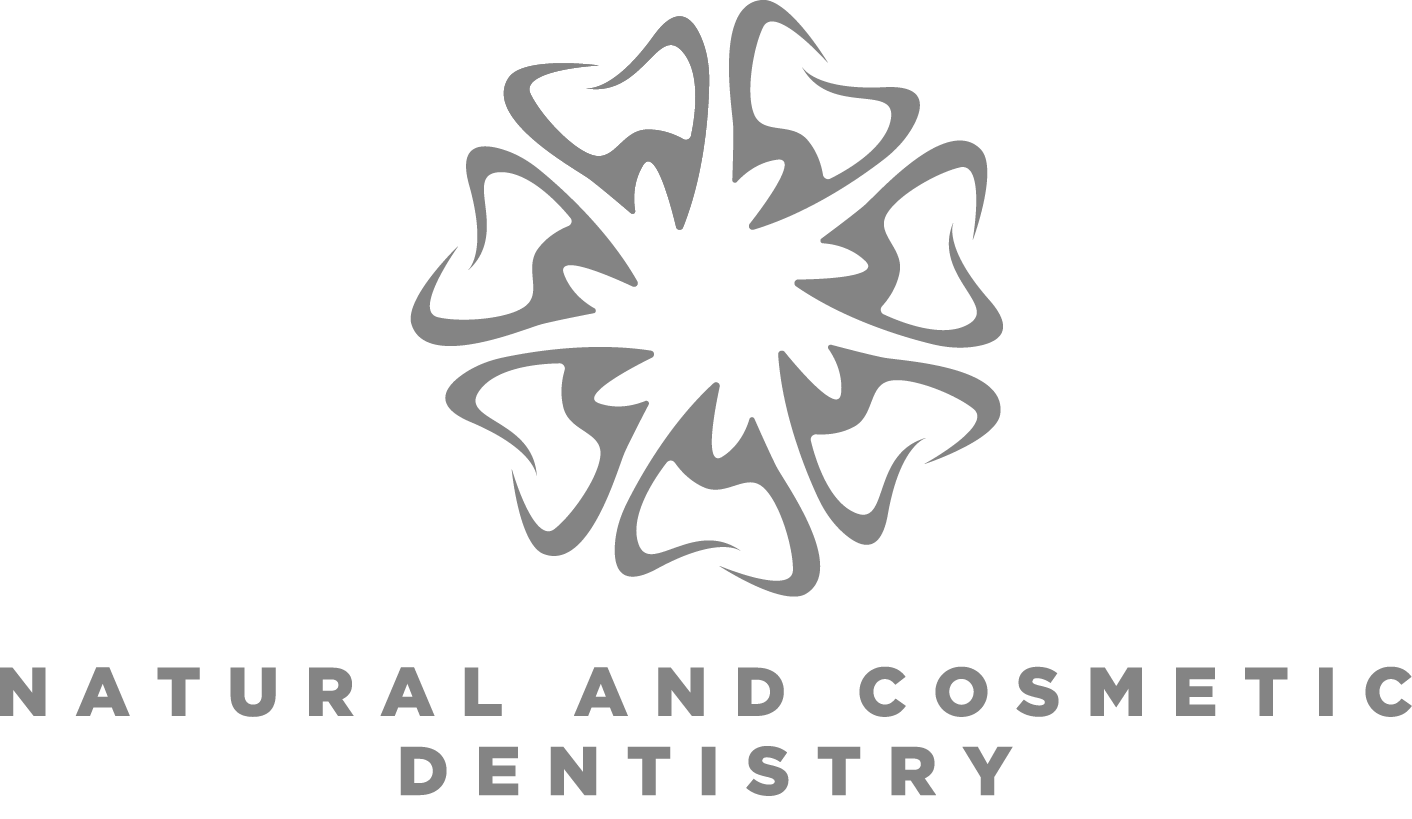Intermittent fasting has become a popular wellness trend—and for good reason. Many people turn to fasting to support weight loss, improve energy, and enhance mental clarity. But as holistic dental providers, we’re often asked: How does intermittent fasting impact your teeth and gums?
At Natural and Cosmetic Dentistry in Clearwater, Florida, Dr. Beata Carlson and Associates take a whole-body approach to oral care. That includes understanding how lifestyle habits like fasting can influence your smile—for better or worse.
What is intermittent fasting?
Intermittent fasting (IF) involves cycling between periods of eating and fasting. Common methods include the 16:8 method (fasting for 16 hours, eating within an 8-hour window) or alternate-day fasting. During fasting periods, no food is consumed, though water, black coffee, or herbal teas are often allowed.
While fasting can offer systemic benefits, it’s important to understand how it affects your oral health as well.
Can intermittent fasting help your oral health?
Yes—in some ways, fasting can support healthier teeth and gums:
- Reduced frequency of acid exposure
Snacking all day creates constant acid attacks on your enamel. Fasting naturally limits how often your teeth are exposed to food acids and sugars, potentially reducing the risk of cavities. - Lower risk of inflammation
Many people report reduced inflammation throughout the body while fasting, which may also help calm gum inflammation. - Improved insulin sensitivity
Fasting can help regulate blood sugar, which is beneficial for oral tissues—especially for patients with diabetes or insulin resistance.
Are there any downsides?
While fasting has its benefits, there are also some oral health concerns to watch out for:
- Dry mouth (xerostomia)
Extended periods without eating can reduce saliva flow, especially if you’re not drinking enough water. Saliva is essential for neutralizing acids and protecting your enamel. - Bad breath
A common side effect of fasting is ketone breath—a fruity or metallic odor caused by the body burning fat for fuel. Additionally, dry mouth can worsen odor-causing bacteria. - Enamel wear from acidic drinks
Many people sip black coffee or lemon water while fasting. These beverages are acidic and can erode enamel if consumed frequently or without rinsing afterward.
How can I protect my mouth while fasting?
Fasting doesn’t have to come at the expense of your oral health. Here’s how to support your smile while maintaining your fasting routine:
- Stay hydrated – Drink plenty of water throughout your fasting window to encourage saliva flow.
- Limit acidic drinks – Enjoy coffee or lemon water in moderation and rinse your mouth with water afterward.
- Maintain regular brushing – Continue brushing twice a day with a natural, non-toxic toothpaste.
- Chew xylitol gum – If approved by your practitioner, xylitol gum can stimulate saliva and freshen breath during fasting periods.
- Get regular checkups – Schedule consistent visits so we can monitor your teeth and gums and offer personalized advice based on your lifestyle.
A balanced, holistic approach to fasting and oral care
At Natural and Cosmetic Dentistry, we believe your dental care should support your whole-body wellness goals—including your fasting regimen. Dr. Beata Carlson and Associates are here to help you balance your nutritional habits with biocompatible, natural oral health solutions that keep your smile radiant and strong.
Have questions about how your lifestyle affects your dental health?
We’re happy to help! Call our Clearwater, FL office today at 727-888-6523 to Book an Appointment. You can find us at 1825 Sunset Point Road, where we proudly welcome new patients who value natural, integrative care.
Support your smile on every level—mind, body, and mouth!



